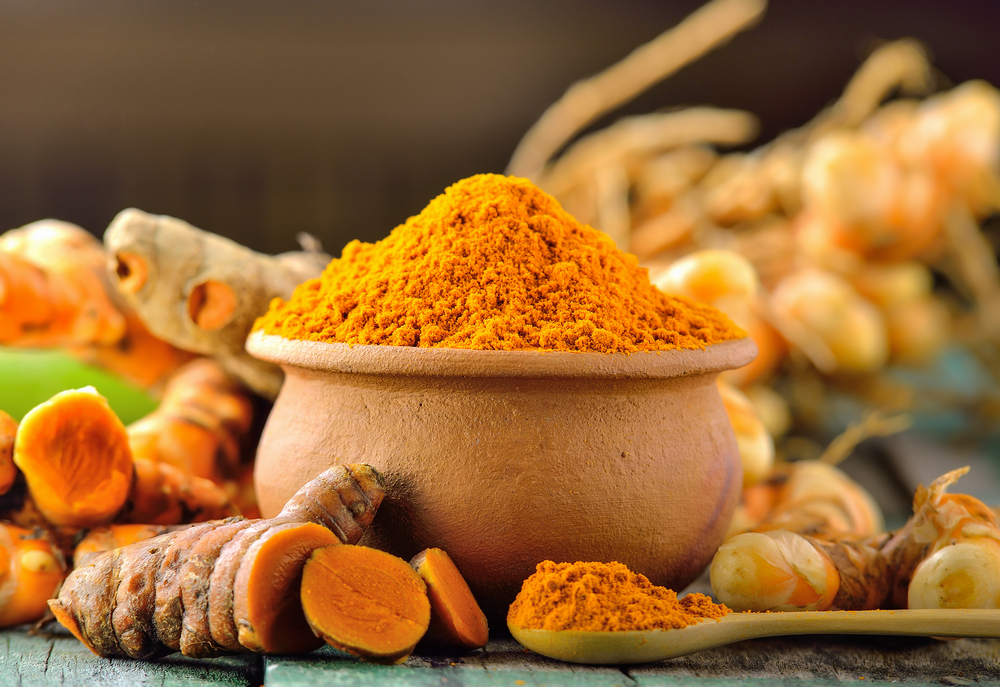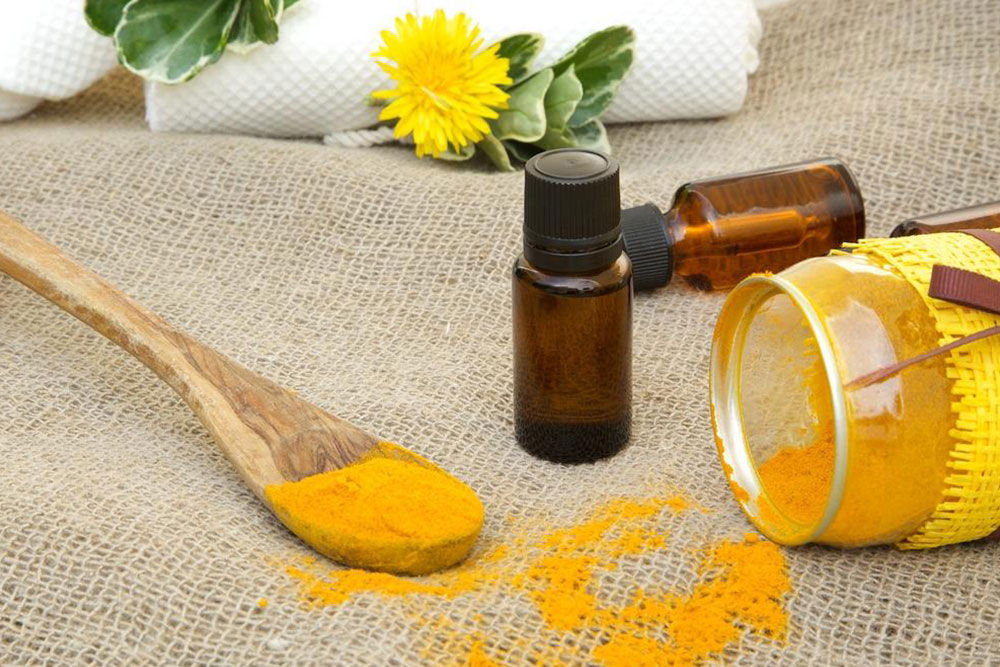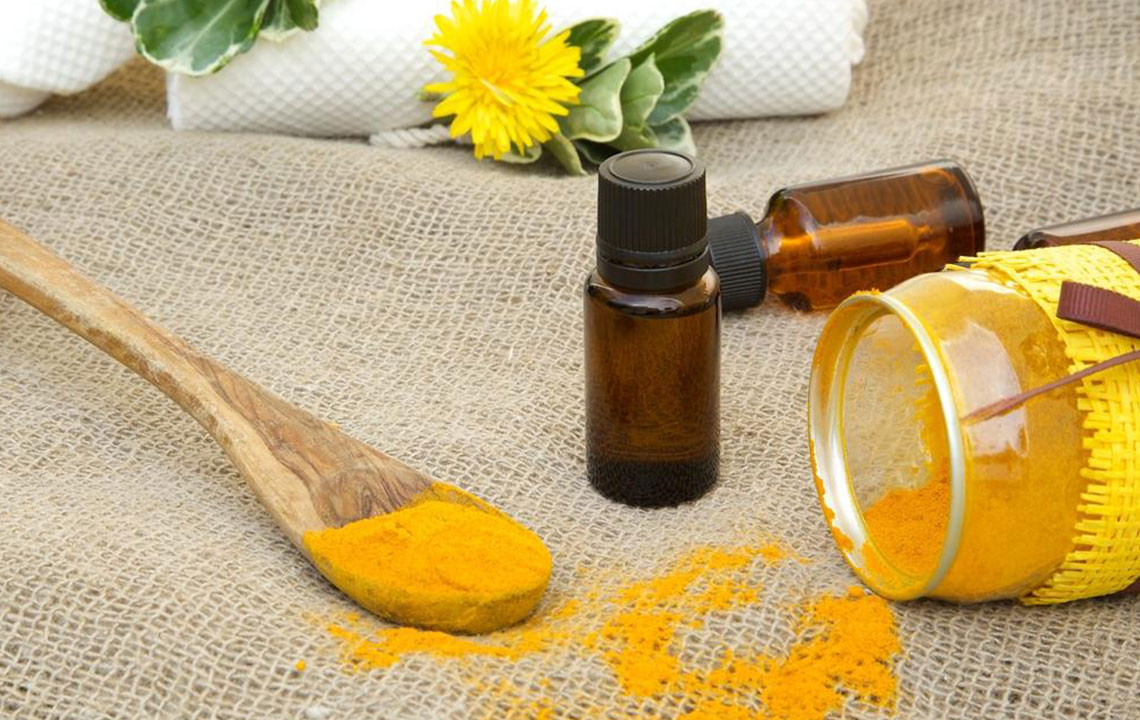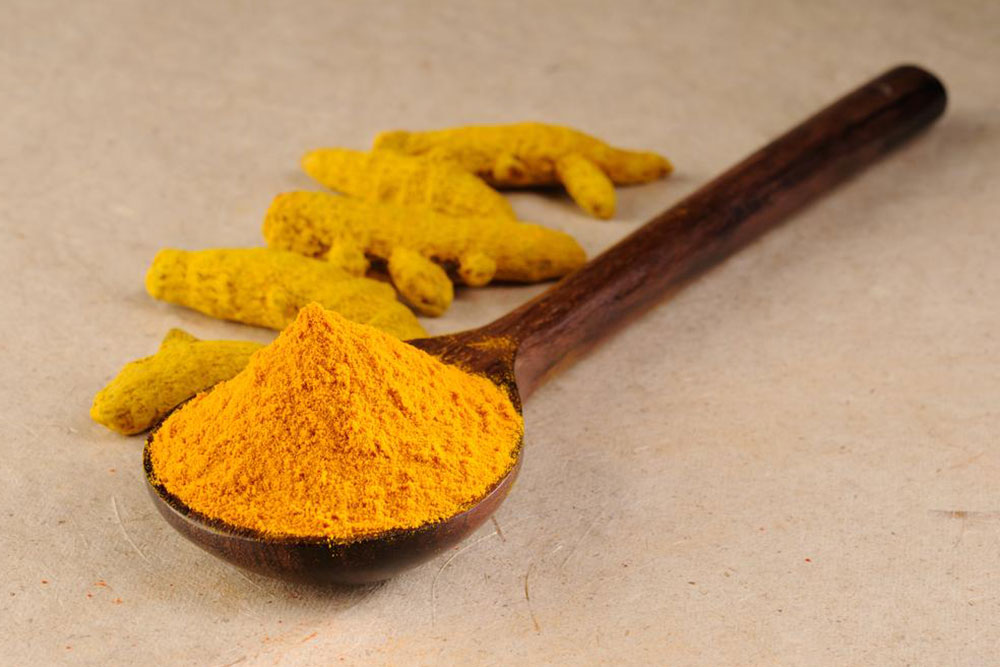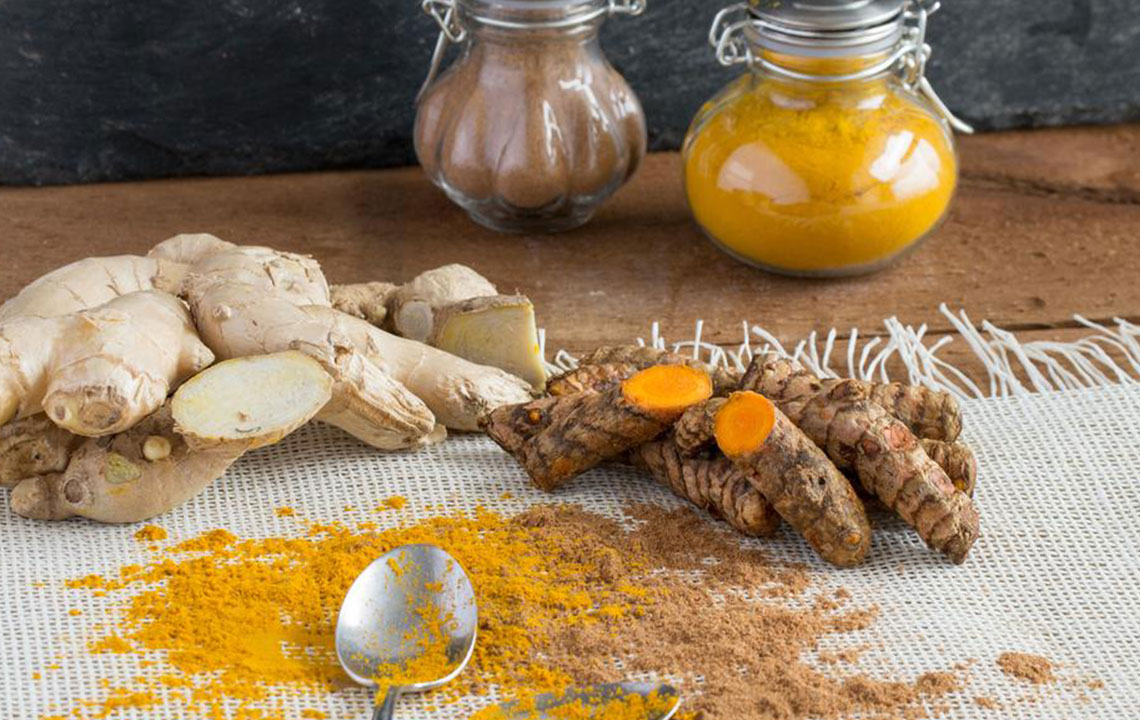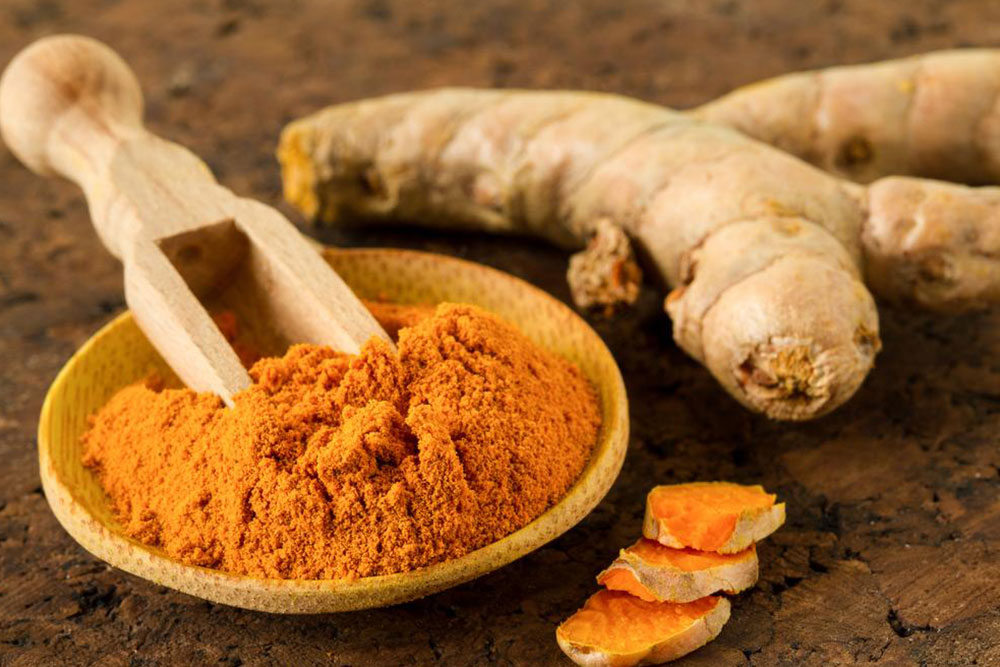Harnessing the Therapeutic Power of Turmeric to Relieve Arthritis Symptoms
Discover the extensive benefits of turmeric in alleviating arthritis symptoms. This ancient spice's active compound curcumin can reduce inflammation, protect joint tissues, and support overall joint health. Learn how to safely incorporate turmeric into your arthritis management plan to enjoy less pain and better mobility naturally.
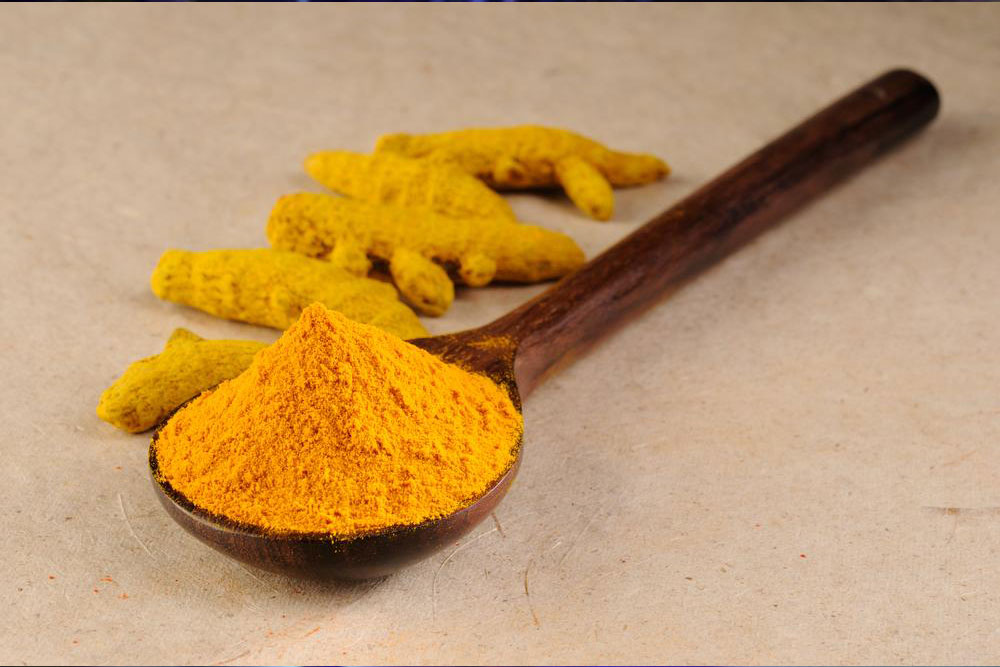
Harnessing the Therapeutic Power of Turmeric to Relieve Arthritis Symptoms
Arthritis, particularly rheumatoid arthritis and osteoarthritis, affects millions worldwide, leading to pain, joint stiffness, and decreased mobility. In recent years, natural remedies have gained popularity for managing arthritis symptoms, with turmeric emerging as one of the most promising options. This vibrant yellow spice, derived from the root of Curcuma longa, has been used for centuries in traditional medicine. Modern scientific research now confirms that turmeric possesses potent anti-inflammatory, antioxidant, and tissue-protective properties that can help alleviate arthritis symptoms effectively. Here, we delve into how turmeric, especially its key active compound curcumin, can serve as a natural treatment to reduce inflammation, prevent tissue damage, and promote joint health.
Understanding the Anti-inflammatory Benefits of Turmeric for Arthritis Relief
One of the primary reasons turmeric is effective against arthritis is its strong anti-inflammatory capability. The compound curcumin, found abundantly in turmeric, plays a crucial role in modulating the body's inflammatory response. It works by inhibiting the production of cyclooxygenase enzymes (COX-1 and COX-2), which are responsible for generating prostaglandins—chemical mediators that promote pain, swelling, and inflammation in the joints. By lowering levels of prostaglandin E2, curcumin significantly reduces joint inflammation, easing pain and stiffness associated with arthritis.
In addition, curcumin influences cytokine activity. Cytokines are cell signaling molecules that mediate and regulate immunity and inflammation. Elevated cytokine levels are often found in arthritic joints, contributing to the chronic inflammatory state. Curcumin helps decrease cytokine production, thereby diminishing the recruitment of immune cells to the joints and reducing inflammation. Several clinical trials have demonstrated that turmeric consumption can lead to measurable improvements in joint pain and physical function in arthritis patients.
Protection Against Inflammation-related Cell Damage and Tissue Degeneration
Arthritis involves not only inflammation but also progressive damage to joint tissues, including cartilage and synovial membranes. Oxidative stress, caused by reactive oxygen species (ROS), exacerbates tissue degeneration and pain. Turmeric’s antioxidant properties enable it to neutralize ROS, thereby protecting joint tissues from oxidative damage. Scientific studies have shown that curcumin can inhibit enzymes such as lipoxygenase and cyclooxygenase, which contribute to inflammatory processes and tissue destruction.
Furthermore, turmeric has been shown to slow the degeneration of cartilage, the smooth tissue cushion that covers joint surfaces. By preserving cartilage integrity, turmeric can help maintain joint function and delay the progression of arthritis-related joint deterioration. This protective effect is crucial for improving the long-term quality of life for individuals suffering from arthritis.
Supporting Cellular Health and Promoting Controlled Cell Death
Emerging research indicates that turmeric influences cellular processes such as apoptosis, the programmed cell death essential for maintaining tissue health. In the context of arthritis, dysregulated apoptosis can lead to persistent inflammation and joint damage. Turmeric helps restore balance by promoting apoptosis of damaged or dysfunctional cells while protecting healthy tissues. This selective process ensures that inflamed or unhealthy cells are eliminated, reducing overall inflammatory activity within the joint.
How Turmeric Protects Joints and Prevents Immune Attacks
In autoimmune forms of arthritis such as rheumatoid arthritis, the immune system mistakenly attacks healthy joint tissues. Curcumin’s immunomodulatory properties can help prevent this misguided immune response. Turmeric reduces circulating cytokines and immune cell infiltration into joint tissues, thereby minimizing tissue damage. By lowering the cytokine levels responsible for immune activation, turmeric helps prevent the immune system from targeting healthy joint cells, providing a protective effect that preserves joint integrity.
Antioxidant Power to Minimize Tissue Damage in Arthritic Joints
Oxidative stress is a key factor in joint inflammation and degeneration. During immune attacks, increased ROS levels lead to cellular damage, cartilage breakdown, and pain. Curcumin’s antioxidant capacity helps mitigate this damage by scavenging free radicals and reducing oxidative stress. This not only relieves symptoms but also promotes overall joint health, making turmeric a valuable addition to arthritis management strategies.
Precautions and Considerations When Using Turmeric for Arthritis
While turmeric is generally regarded as safe and is widely used as a culinary spice, certain precautions should be taken when considering it as a supplement for arthritis relief:
Pregnant and Breastfeeding Women: Due to limited safety data, it is advisable for pregnant and lactating women to avoid high-dose turmeric supplements. Although culinary use is safe, concentrated supplements should be approached with caution.
Individuals with Allergies or Sensitive Stomachs: Some people may experience gastrointestinal issues such as stomach upset, nausea, or diarrhea when consuming large amounts of turmeric. Excessive intake can also increase the risk of kidney stones in susceptible individuals.
Blood Thinning Effects: Turmeric has natural blood-thinning properties, which can increase bleeding risk. People scheduled for surgery should cease turmeric supplementation at least two weeks before to prevent excessive bleeding.
Diabetic Patients: Curcumin may lower blood sugar levels, which can enhance the effects of antidiabetic medications. Diabetics should monitor their blood glucose levels carefully and consult healthcare providers before increasing turmeric intake.
Integrating Turmeric into a Comprehensive Arthritis Management Plan
While turmeric offers promising benefits, it should not replace conventional treatments but rather complement them. Combining turmeric with other anti-inflammatory therapies, physical activity, and dietary modifications can optimize outcomes. Turmeric supplements are available in various forms, including capsules, powders, or teas, but always choose high-quality products to ensure purity and potency.
Where to Find Quality Turmeric Supplements
Nutritional stores and online retailers provide a range of turmeric and curcumin supplements. When selecting a product, look for standardized extracts with high curcumin content (at least 95%) and choose reputable brands that conduct third-party testing for quality assurance. Consulting with a healthcare provider before starting any new supplement regimen is highly recommended, especially for individuals on medication or with underlying health conditions.
Conclusion: Embrace Nature for Joint Health
Turmeric, with its powerful anti-inflammatory and antioxidant properties, offers a natural approach to managing arthritis symptoms. Its ability to reduce joint inflammation, protect tissues, and modulate immune responses makes it a valuable adjunct in arthritis care. As research continues, turmeric’s role as a safe, effective, and accessible remedy in maintaining joint health becomes increasingly evident. Incorporating turmeric into your daily routine, with appropriate precautions, can help reduce pain, improve mobility, and enhance overall quality of life for those suffering from arthritis.
